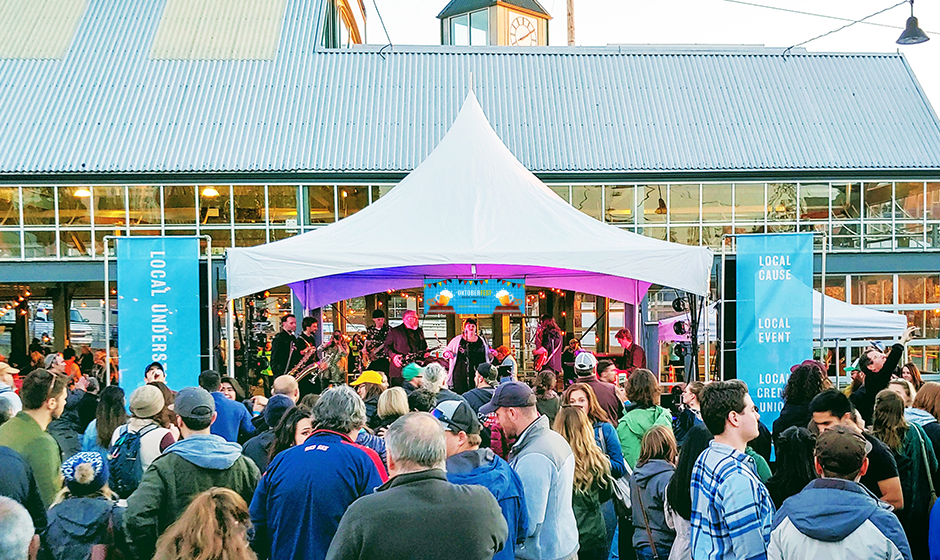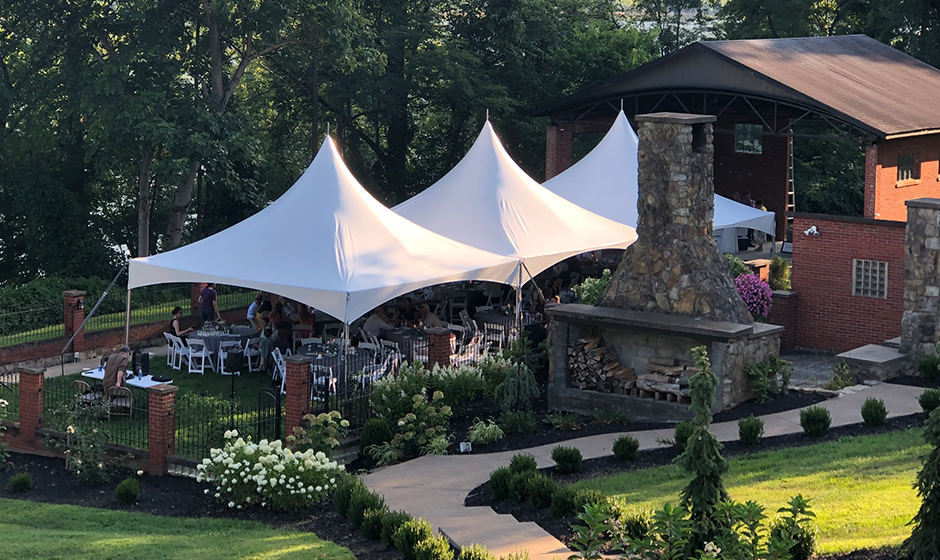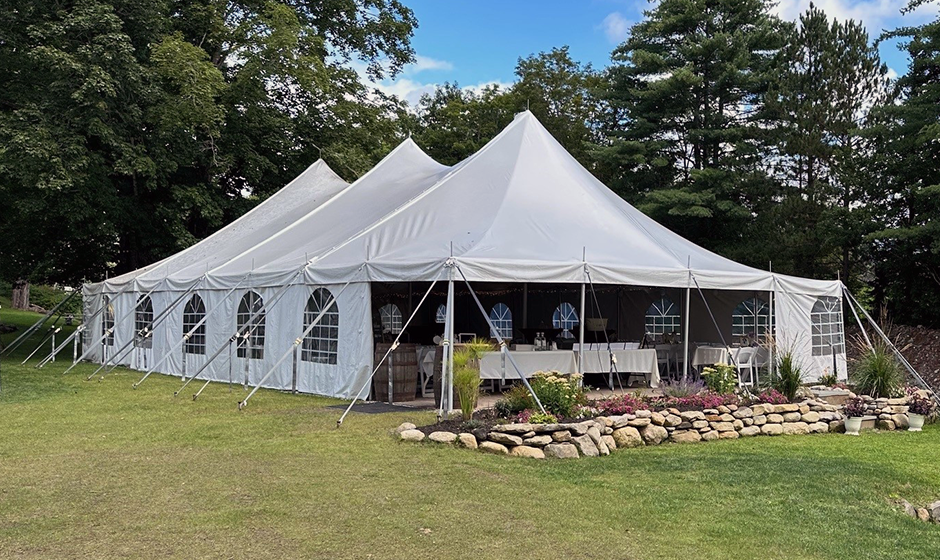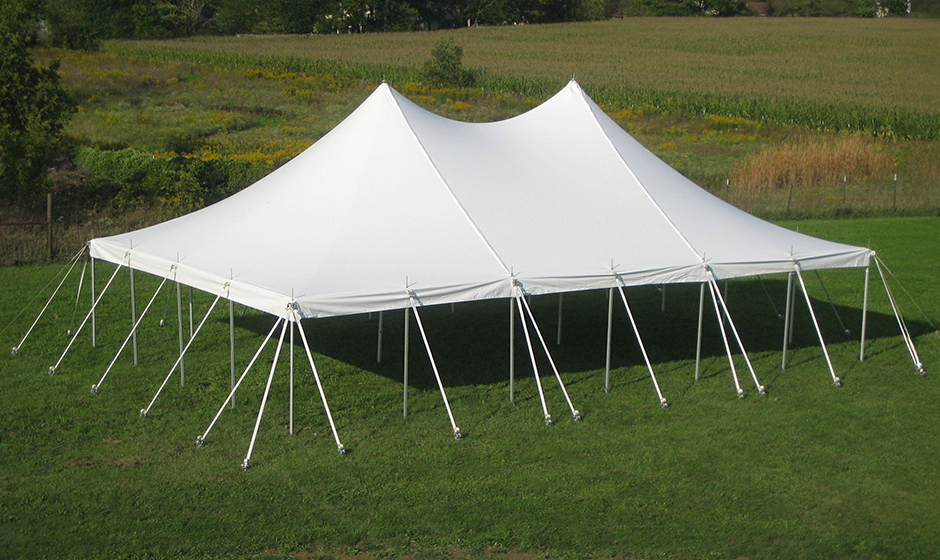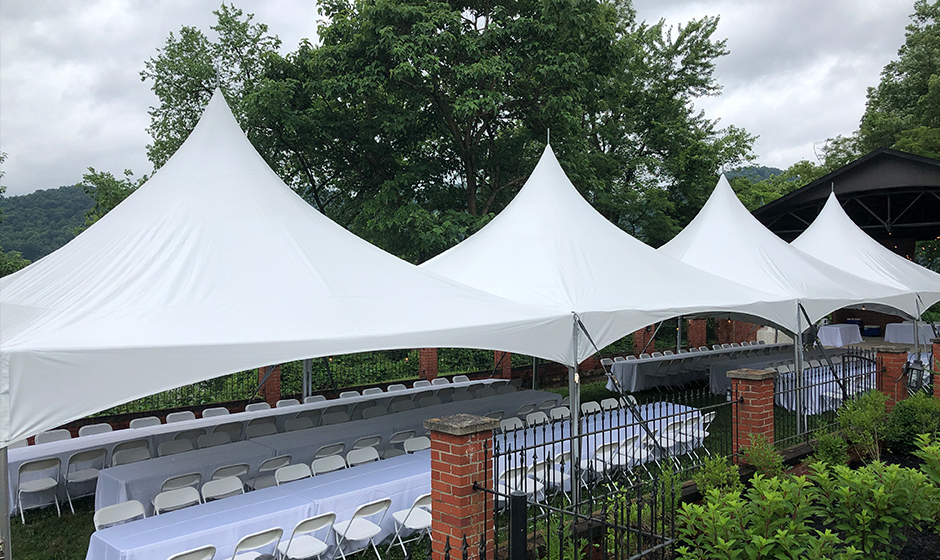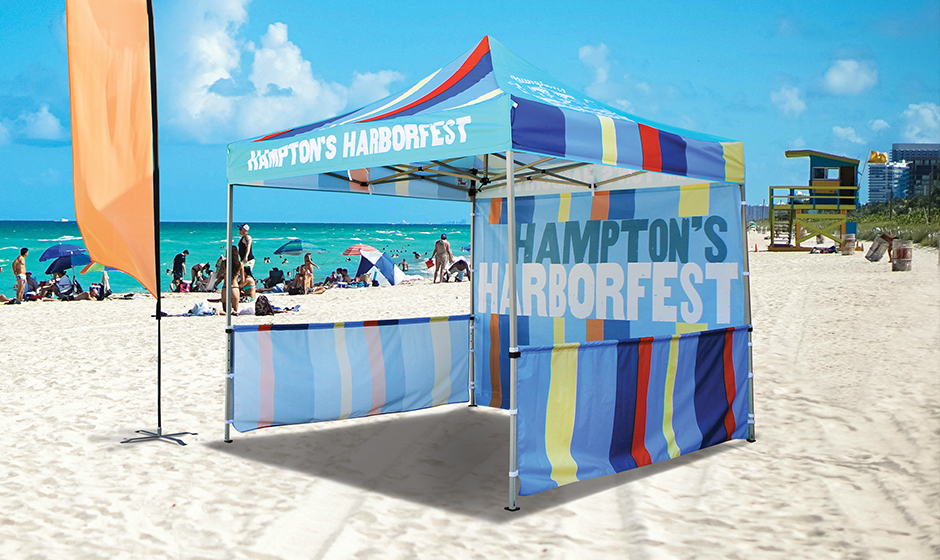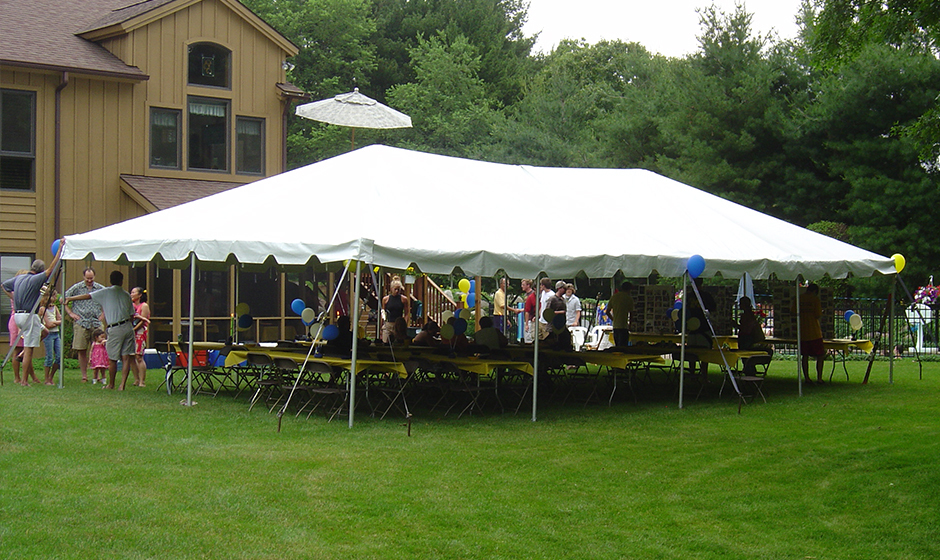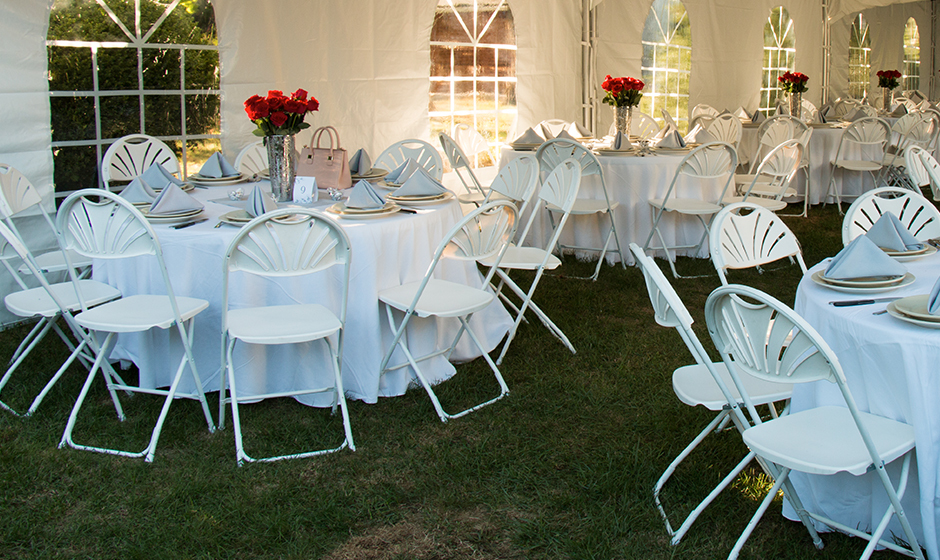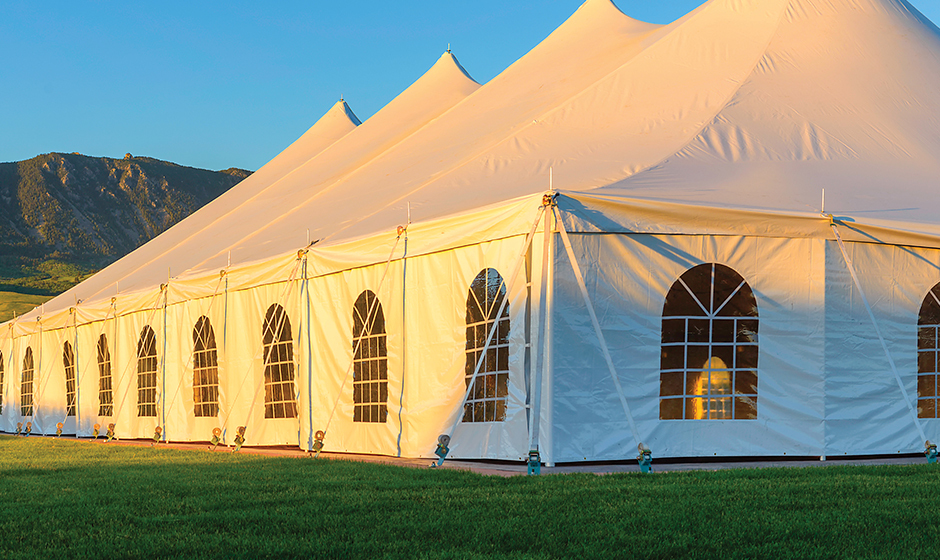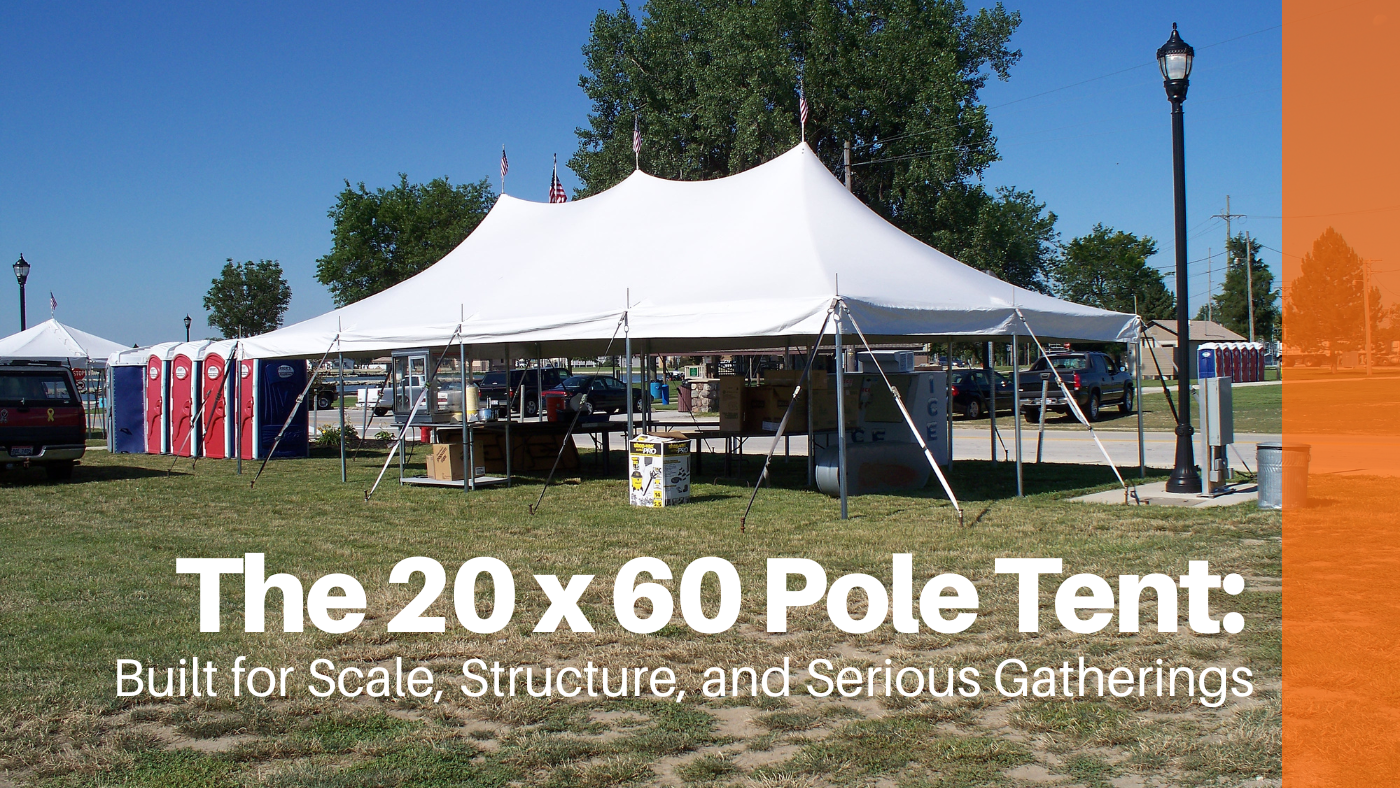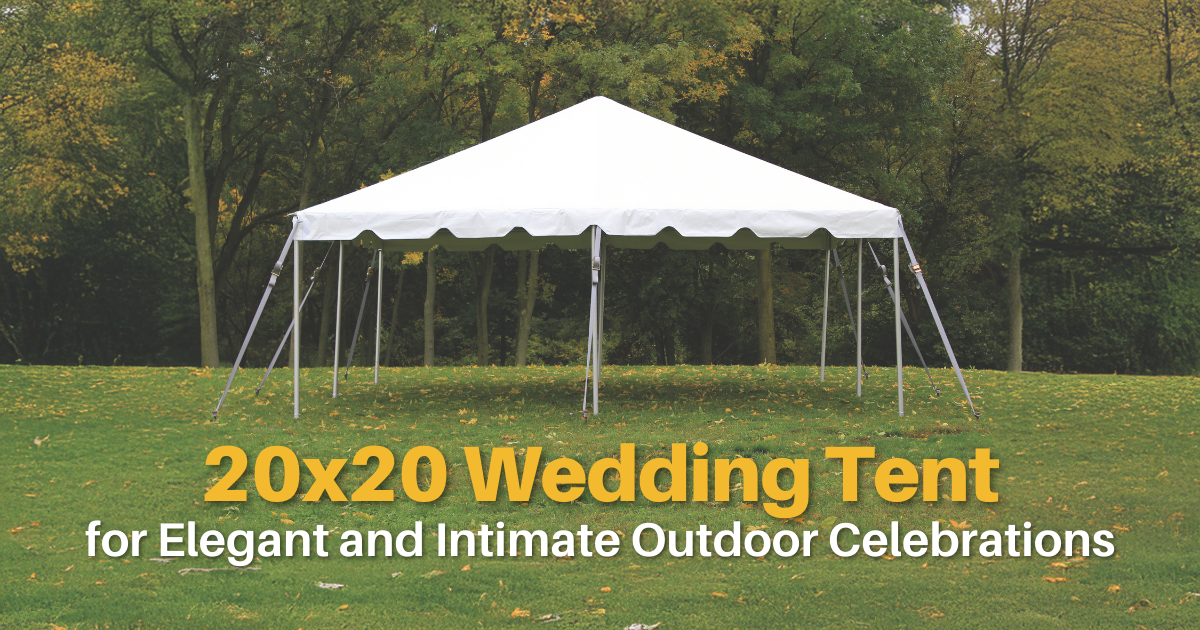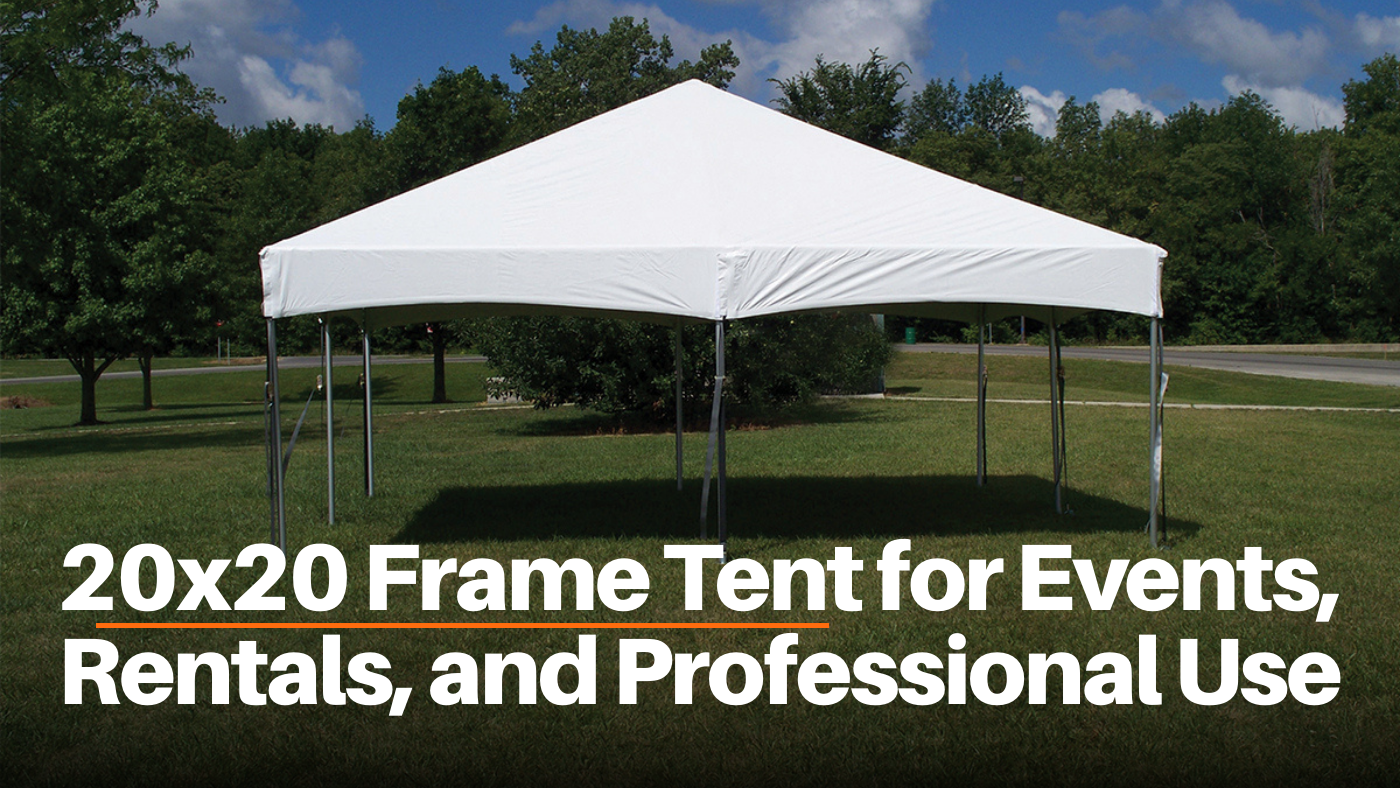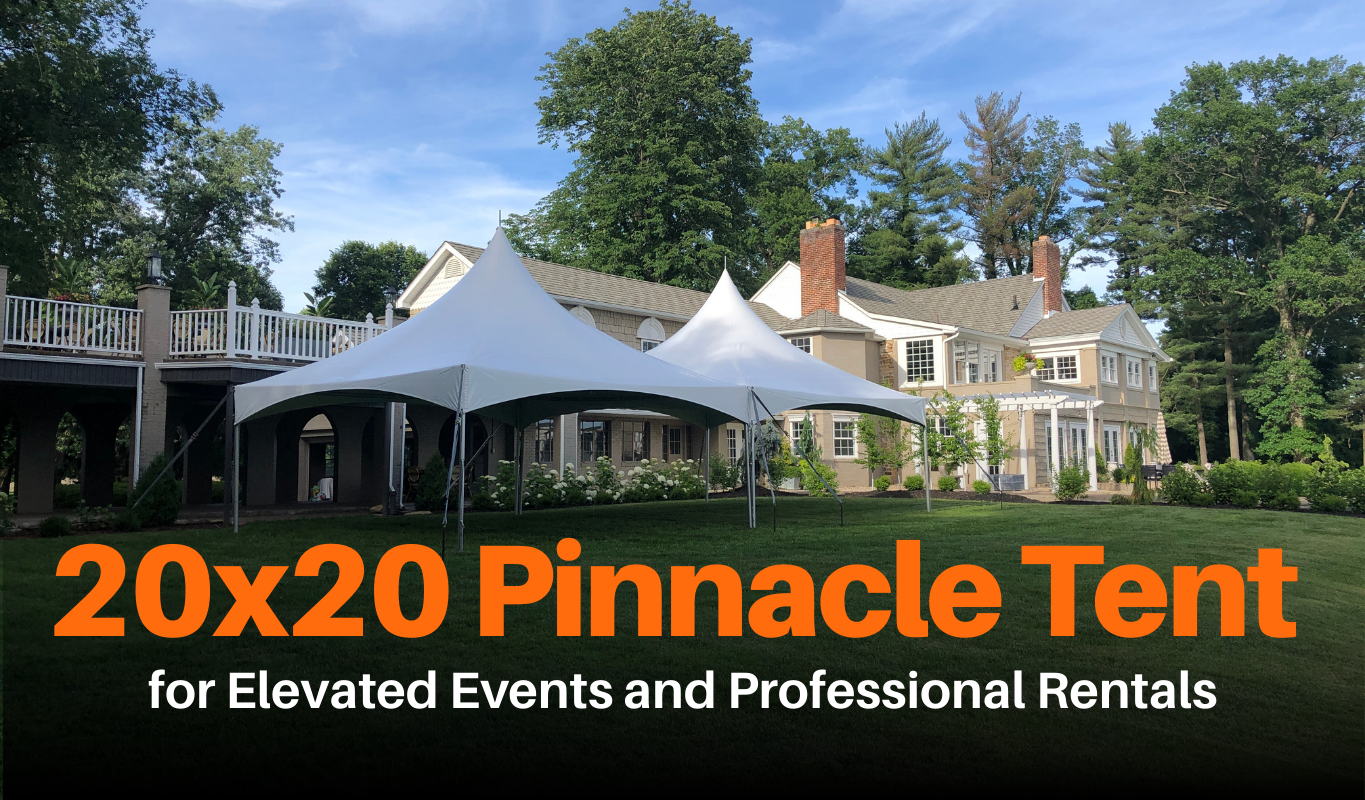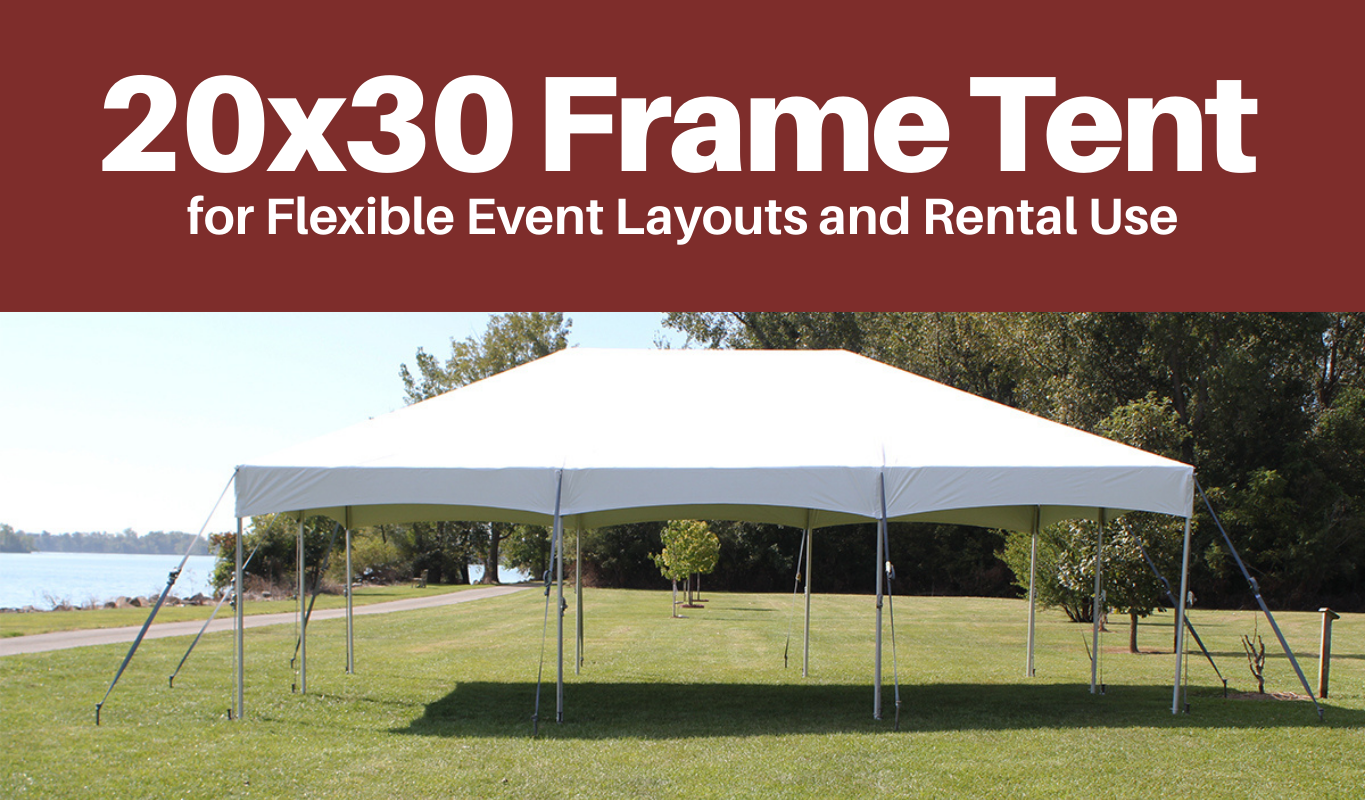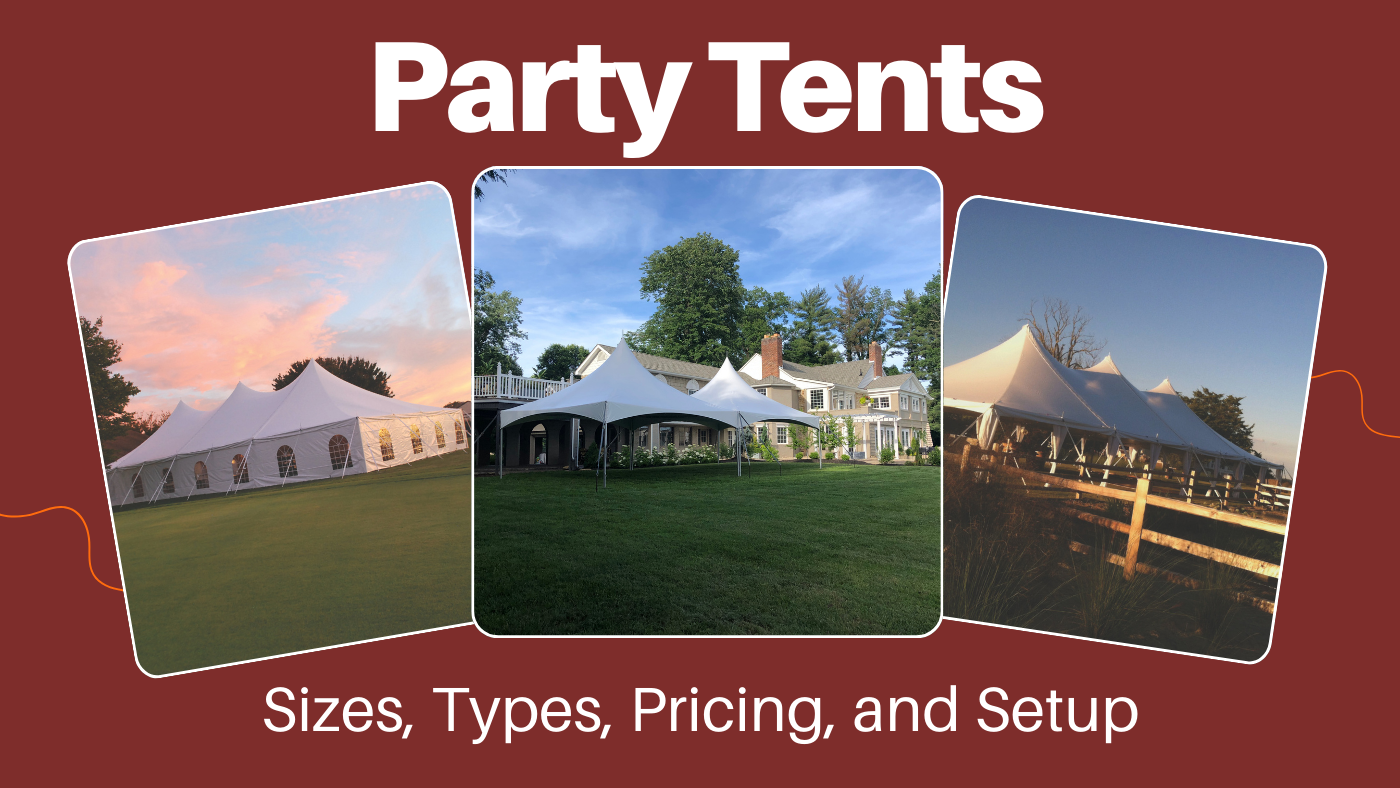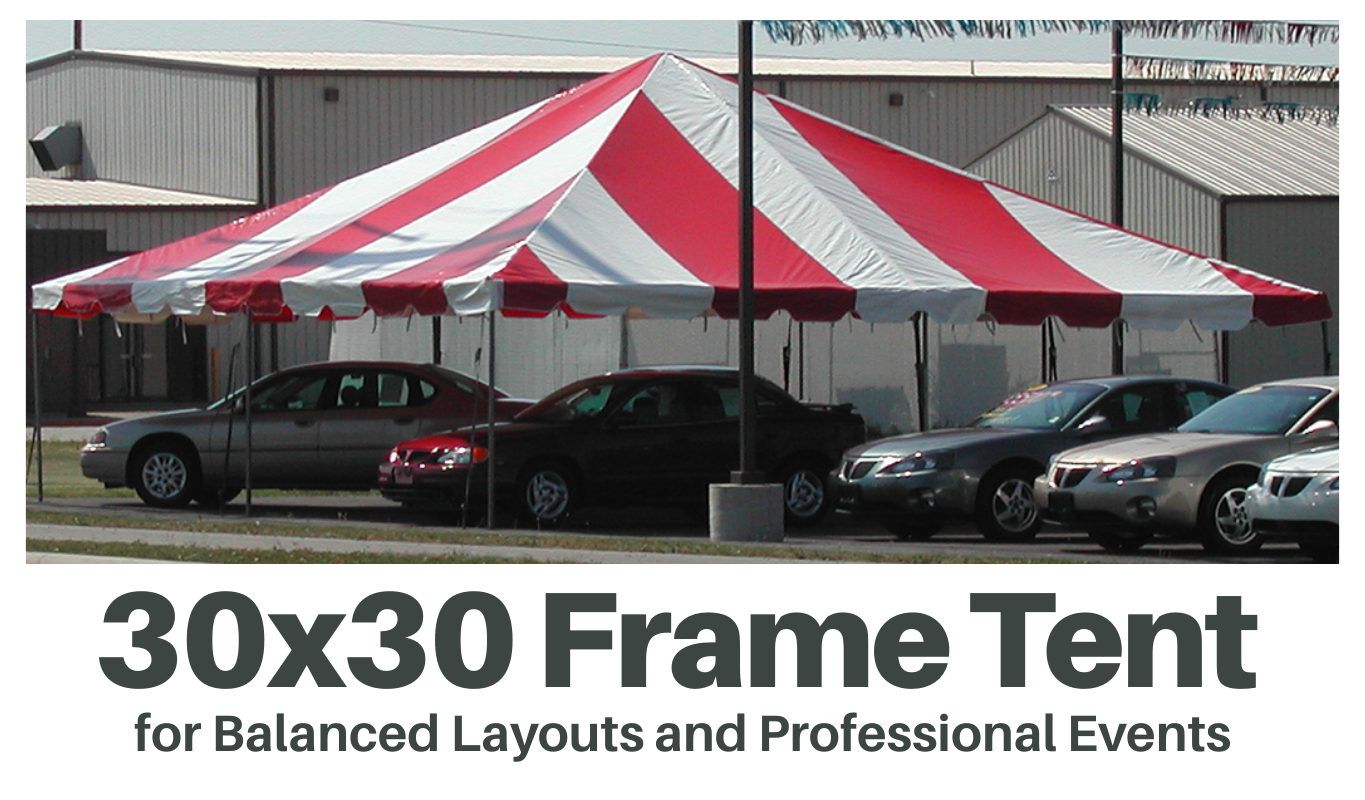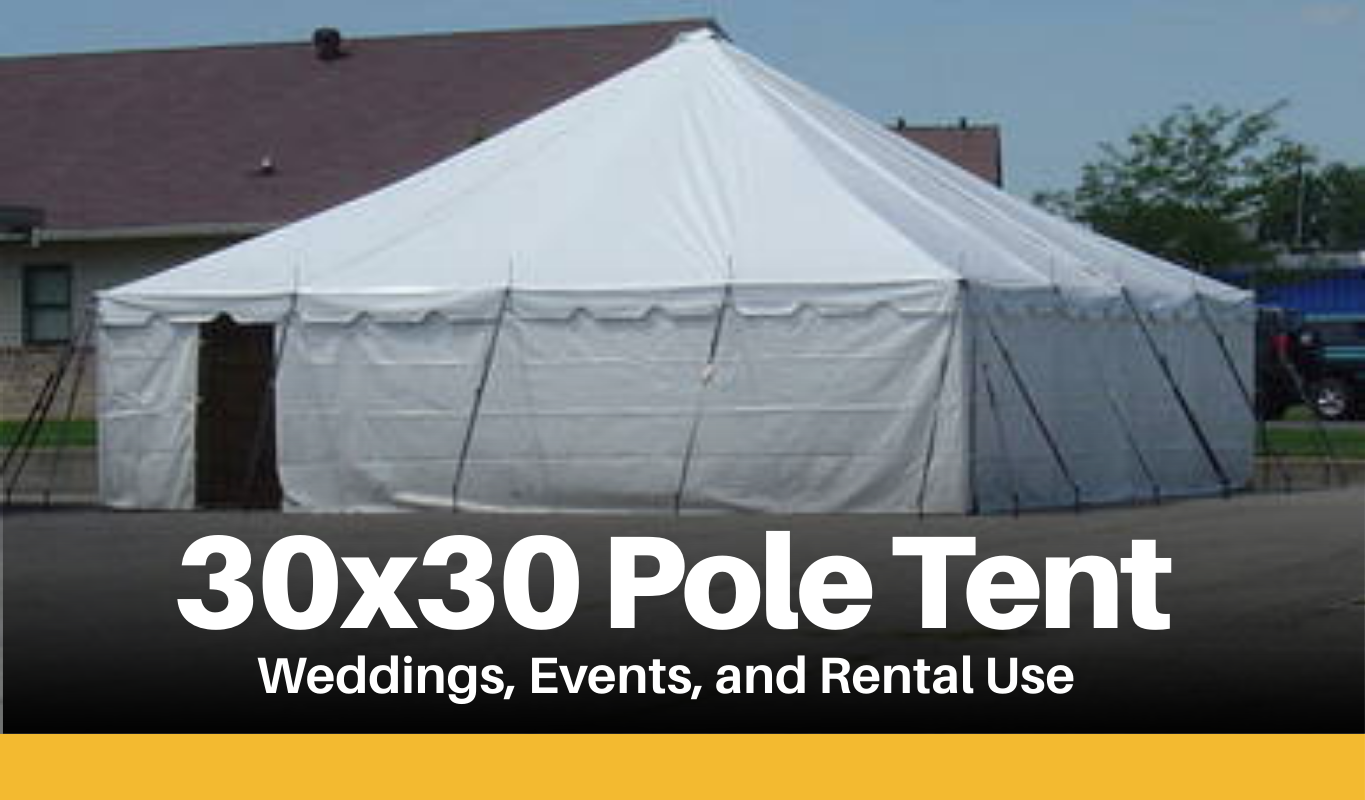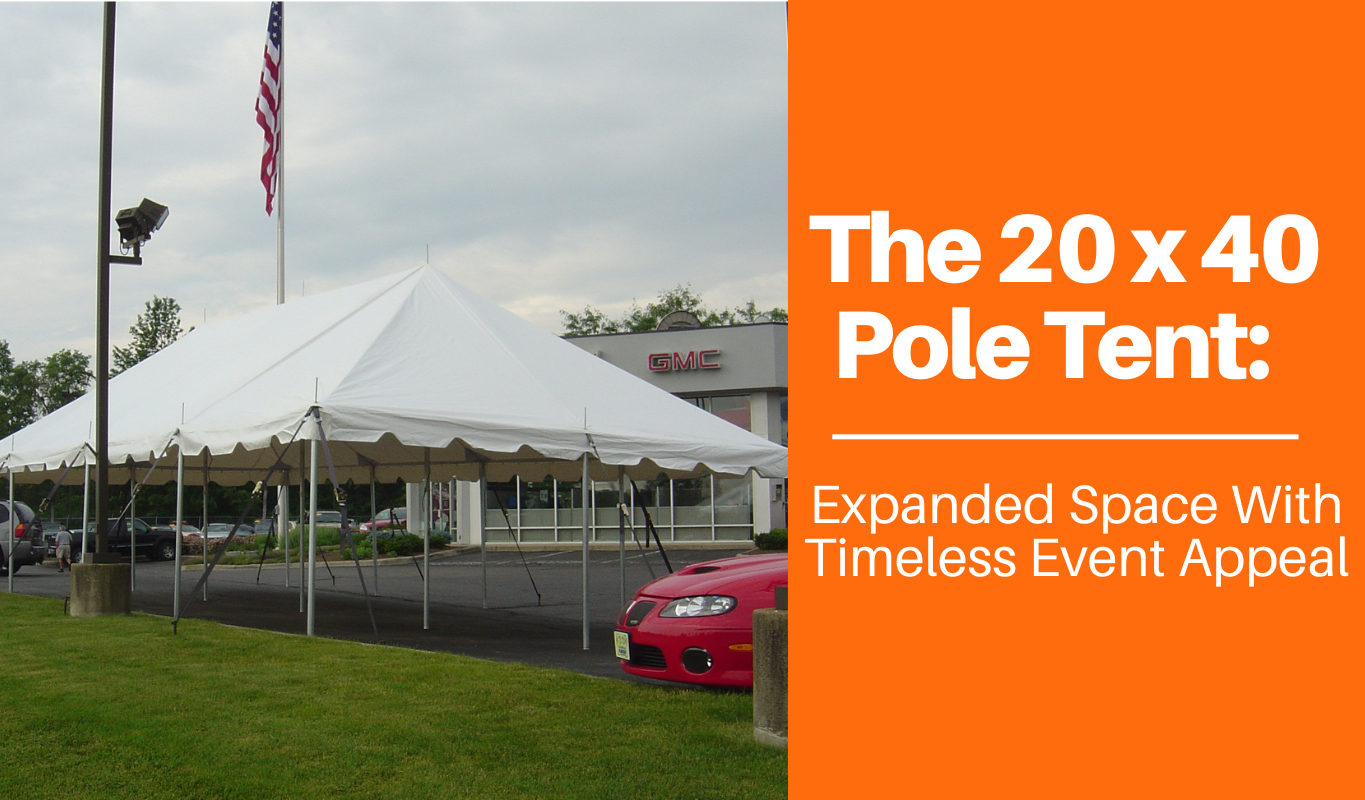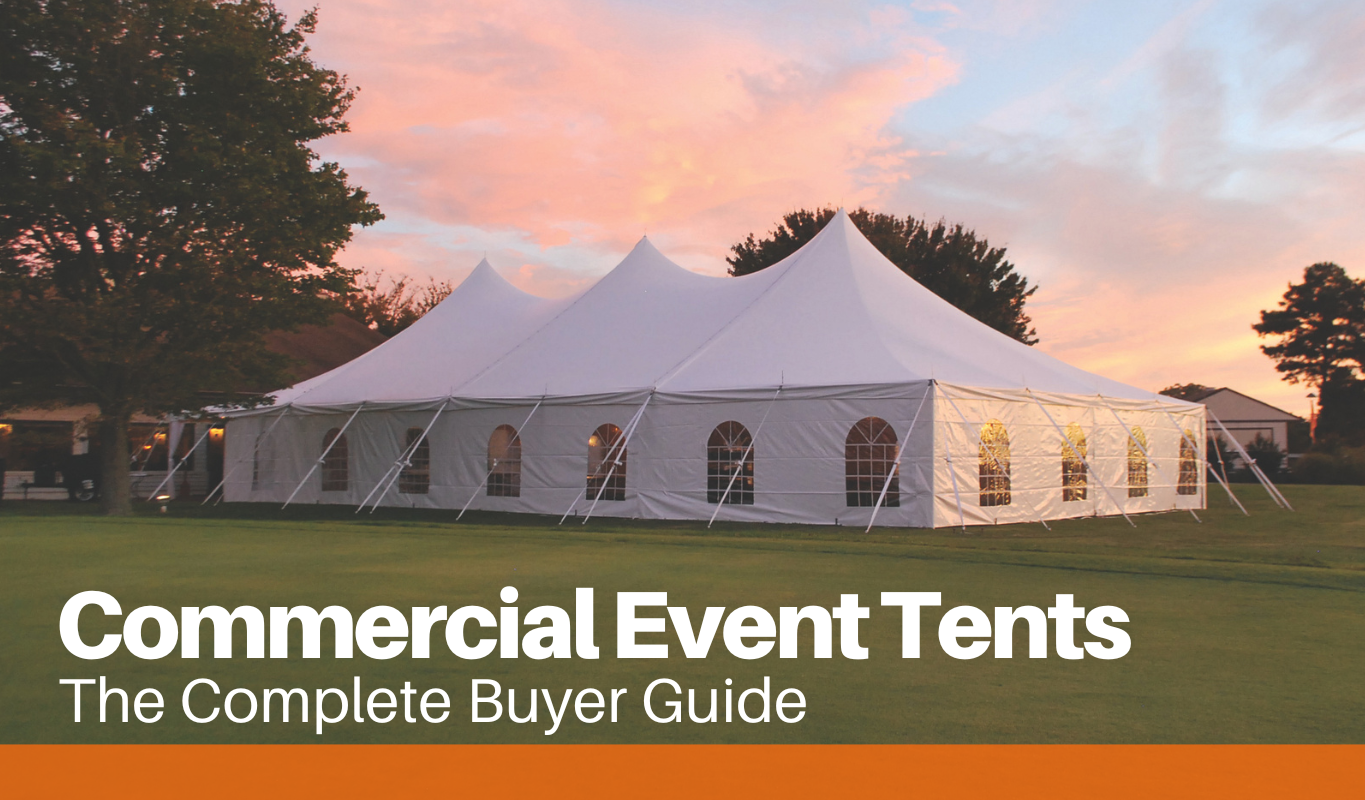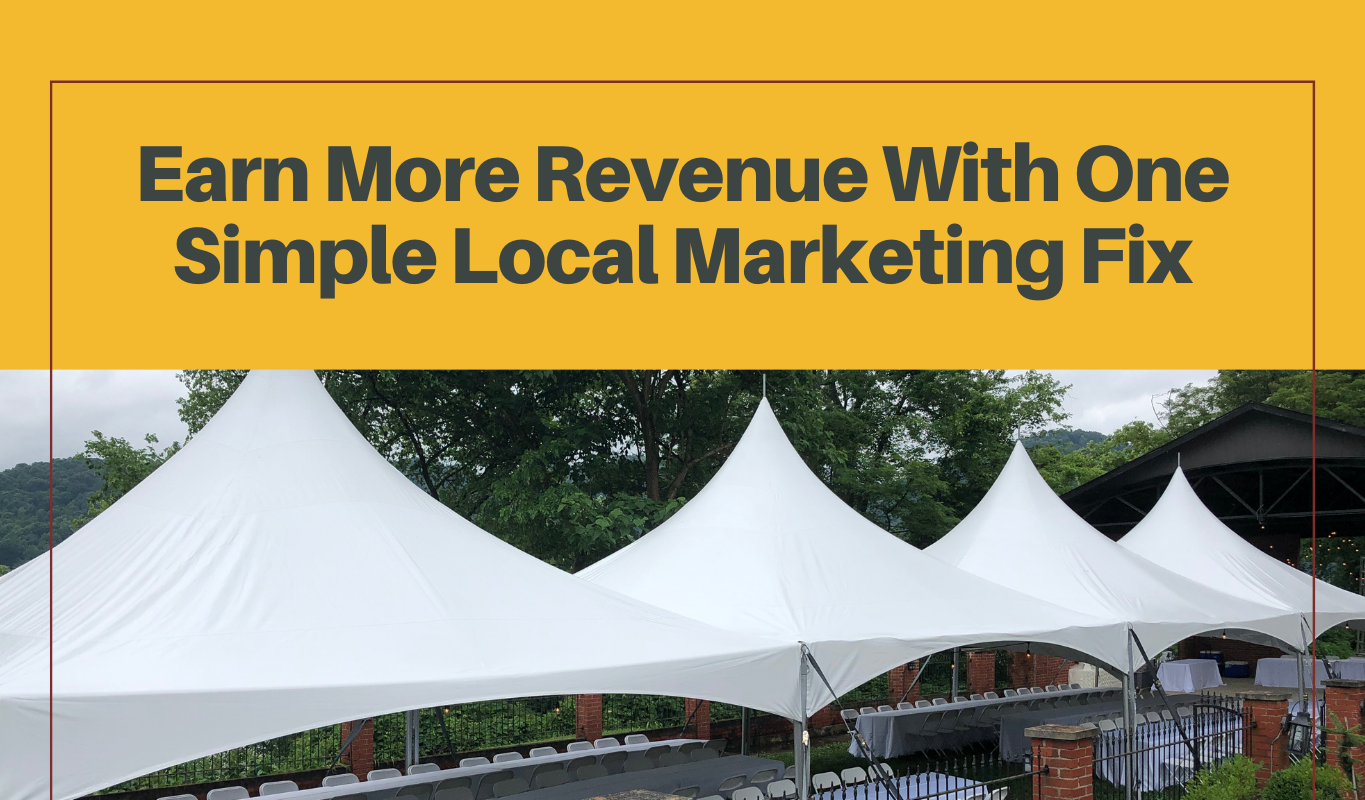Buying a Wedding Tent: What You Need to Know
There’s nothing quite like an outdoor wedding—the open skies, natural light, and fresh air add magic you just can’t get inside a venue. But to pull it off? You’ll need one key piece: the tent. If you’re considering buying a wedding tent, whether for your own big day or to add to your rental inventory, this guide will walk you through everything you need to know—without the overwhelm.
Why Couples Are Buying Wedding Tents Instead of Renting
- Cost Savings in the Long Run: For families hosting multiple events or planning a wedding weekend, buying instead of renting can pay off.
- Customization: When it’s yours, you can style it however you want—no strict return policies or limited décor options.
- Resale Value: After your event, resell it and recover part of your investment.
- Peace of Mind: No third-party delays or last-minute surprises. You own it—you control it.
Types of Wedding Tents to Choose From
Frame Tents
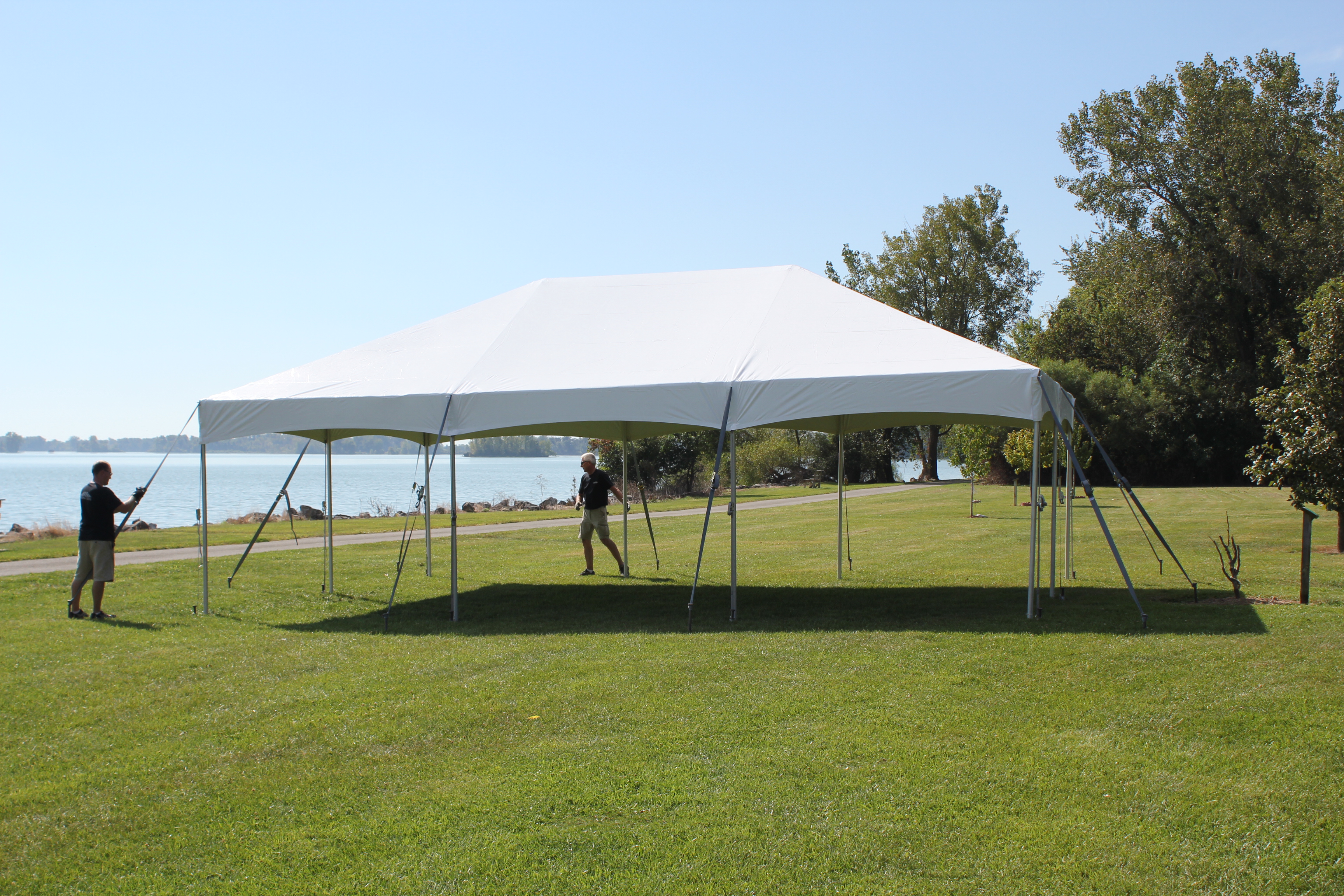
- Metal frame supports the tent top—no center poles required
- Perfect for patios, concrete, or uneven surfaces
- Ideal for décor-heavy or modern-style weddings
Pole Tents
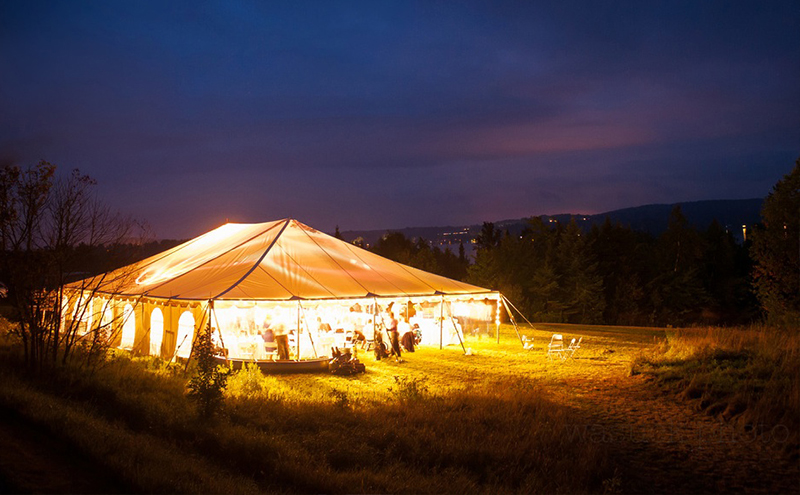
- Supported by center poles and guy ropes
- Classic wedding look with high peaks and graceful lines
- Best for grassy or open areas
High Peak Tents
A hybrid style combining the elegance of pole tents with the flexibility of frame tents.
- Striking silhouette for upscale weddings
- Excellent stability in windy conditions
- Perfect for formal or statement-making setups
What Size Wedding Tent Do You Need?
Choose the right size based on your guest count, layout, and planned activities:
| Tent Size | Guest Capacity |
|---|---|
| 20x20 | Seats ~40 guests banquet-style |
| 20x40 | Seats ~80 guests |
| 30x60 | Seats up to ~180 guests with dance floor |
| 40x100 | Ideal for 300+ guests and staging areas |
Don’t forget space for catering, the bar, dance floor, DJ booth, and photo areas.
Things to Consider Before Buying a Wedding Tent
Your Venue
Ensure the tent fits the available space and terrain. Always measure accurately—never guess!
Weather Concerns
Weatherproof your event with sidewalls, UV-resistant vinyl, and fire-retardant materials. White vinyl tops help regulate temperature and keep your event looking timeless.
Installation Requirements
Setup matters. For first-timers, choose a user-friendly tent and consider a frame tent jack to make installation faster and safer.
Storage After the Big Day
Make sure you have a dry, temperature-safe space to store your tent after use—especially if it’s large or multi-sectioned.
Pros and Cons of Buying vs. Renting
| Buying | Renting |
|---|---|
| ✅ Cost-effective for multi-use | ✅ Professional setup included |
| ✅ Fully customizable | ✅ No storage needed |
| ✅ No deadlines or late fees | ❌ Higher cost over time |
| ❌ Requires your own storage and setup | ❌ Limited availability during peak seasons |
When It Makes Sense to Buy a Wedding Tent
- You’re hosting multiple events or celebrations
- You’re in the wedding or event business
- You’re planning a backyard or destination wedding
- You want total creative control over your venue design
Helpful Accessories to Consider
Sidewalls (Solid or Windowed)
Sidewalls add both beauty and protection. Solid sidewalls create a cozy, enclosed setting, while windowed sidewalls bring in natural light and picturesque views—ideal for scenic venues and photos.
Lighting Kits (String Lights, Chandeliers)
Lighting defines the mood. String lights create a soft, romantic glow, while chandeliers elevate the space with elegance. Choose lighting that complements your theme and extends your celebration into the night.
Tent Liners for Elegance
Tent liners cover the interior frame, transforming your tent into a refined, luxury setting. They’re perfect for upscale weddings or those wanting that “Pinterest-worthy” aesthetic.
Flooring (Especially Helpful for Heels!)
Flooring provides a level surface, protects from dirt, and enhances comfort. From wooden dance floors to interlocking panels, it’s both functional and elegant.
Fans or Heaters Depending on the Season
Comfort is key. Fans help with airflow during summer weddings, while heaters keep guests cozy in cooler months—ensuring everyone stays comfortable throughout your event.
Real Talk: Is Buying a Wedding Tent Worth It?
Absolutely—if it fits your plans. Buying a tent gives you full control, flexibility, and long-term value. For DIY couples or event professionals, it’s a smart, lasting investment that pays for itself over time.
Imagine your dream wedding—your way. No rental hassles, no hidden fees, and no scheduling stress. You decide the look, timing, and vibe.
Where to Buy Wedding Tents
At Celina Enterprises, we specialize in high-quality wedding tents built to last. Our tents are:
- Made in the USA
- RF-welded for watertight seams
- Fire-rated and code-compliant
- Beautifully designed and engineered for performance
Final Thoughts on Buying a Wedding Tent
Buying a wedding tent doesn’t have to be intimidating. With the right information and a trusted supplier, you can create an unforgettable outdoor wedding that combines beauty and practicality.
And when the celebration’s over? You’ll own a stunning, reusable tent that’s perfect for future events, family gatherings, or rental income.
FAQ
Is it cheaper to buy a wedding tent or rent one?
Buying can be more cost-effective if you plan to use the tent multiple times—whether for family events, future celebrations, or as part of a rental business. Renting is great for one-time use since it includes professional setup and takedown, but frequent rentals quickly exceed the cost of ownership. A well-maintained tent can last years and even be resold after your event, giving you a solid return on investment.
What size tent do I need for my wedding?
That depends on your guest count, layout, and event style. A 20x20 tent comfortably fits around 40 guests, while a 40x100 tent can host 300 or more. Always factor in extra space for food stations, dance floors, bars, and décor. When in doubt, size up—having more room for comfort and movement will make the entire event flow better and photograph beautifully.
Can wedding tents handle bad weather?
High-quality wedding tents are designed to withstand rain, moderate wind, and sun exposure when properly anchored. Look for fire-retardant, UV-protected vinyl and reinforced seams for durability. Adding sidewalls can provide extra protection from wind or rain, and using weights or stakes ensures the structure stays secure. Always check forecasts and have a backup plan for extreme conditions.
How hard is it to set up a wedding tent yourself?
Smaller frame tents can be assembled by 3–4 people with basic tools, while larger pole or high-peak tents may require a team of 6 or more. Using a frame tent jack can make lifting the structure easier and safer. Most tents include clear instructions, and with a little planning, DIY setup is manageable—but professional installation is always an option for peace of mind before your big day.
What’s the best way to store a wedding tent after use?
Before storing, clean and fully dry all vinyl tops and sidewalls to prevent mold or discoloration. Roll or fold fabric loosely and keep it in a cool, dry place—never in direct sunlight or damp areas. Store metal poles or frames off the ground to avoid corrosion. Label all parts for easy reassembly later. Proper storage ensures your tent stays beautiful and ready for future events.




